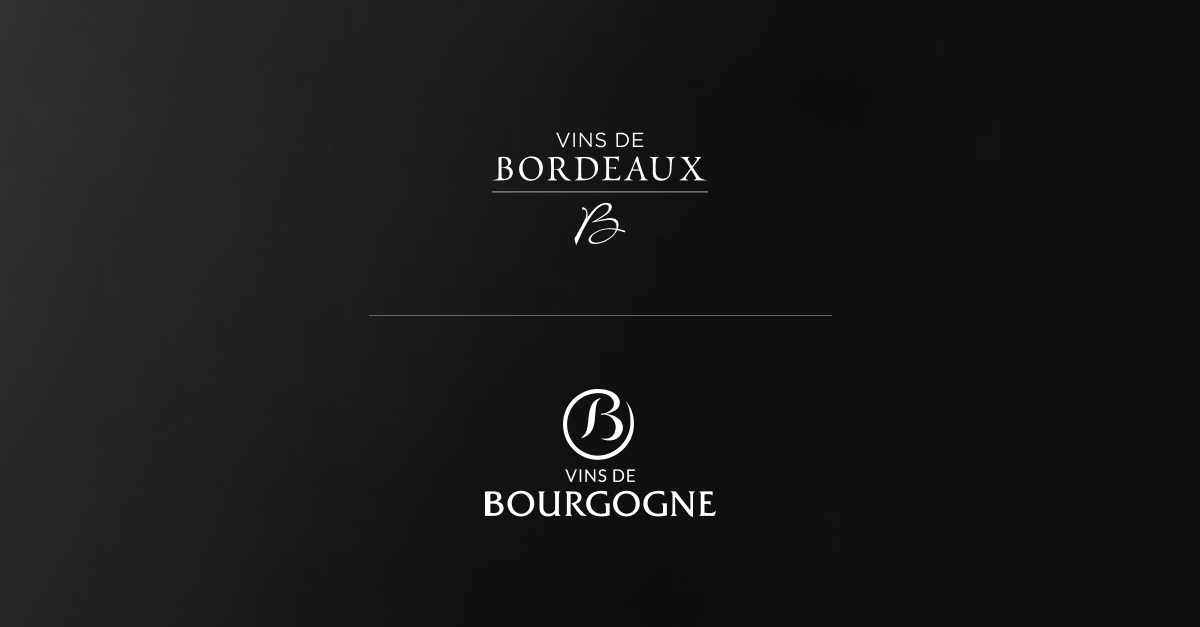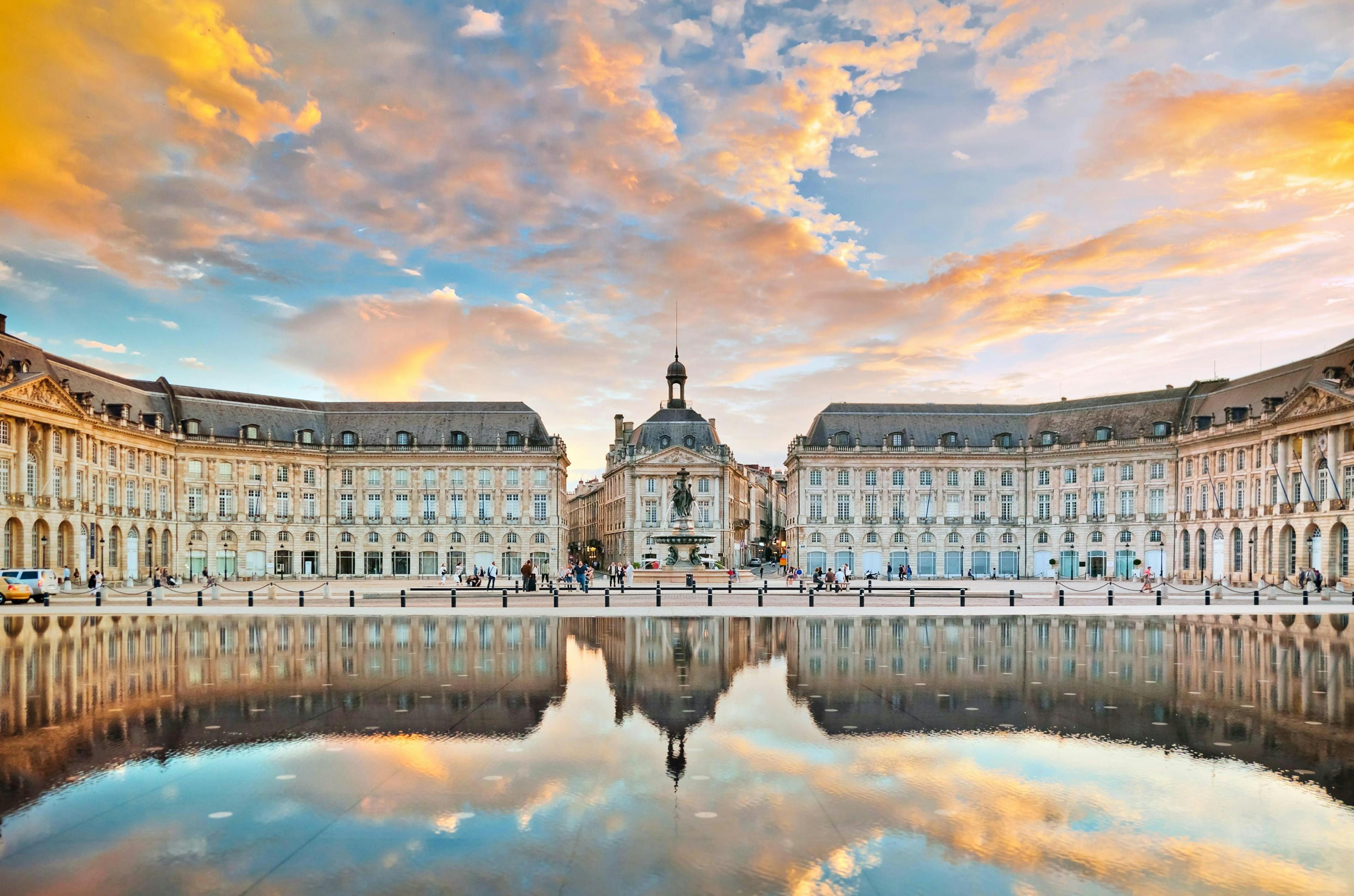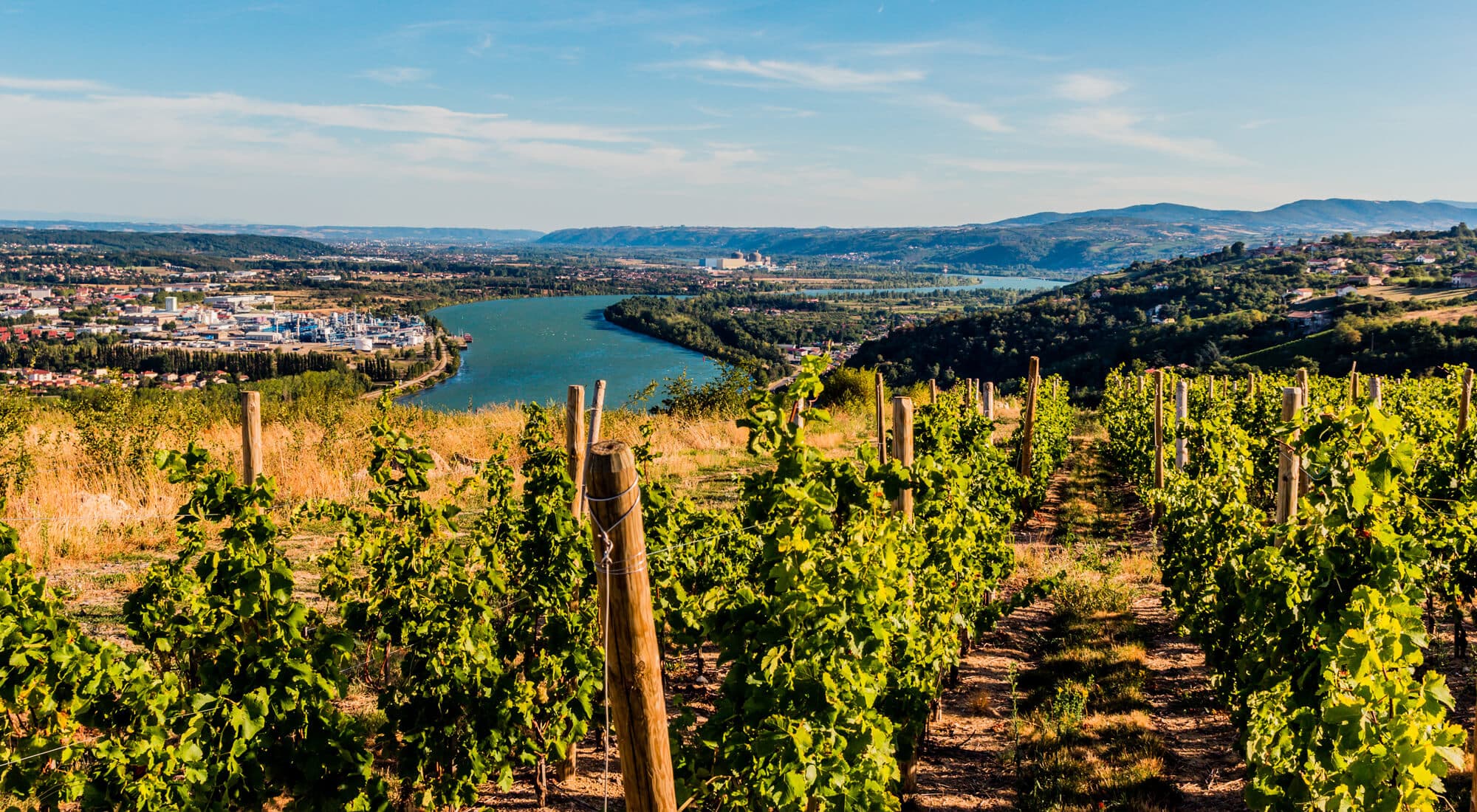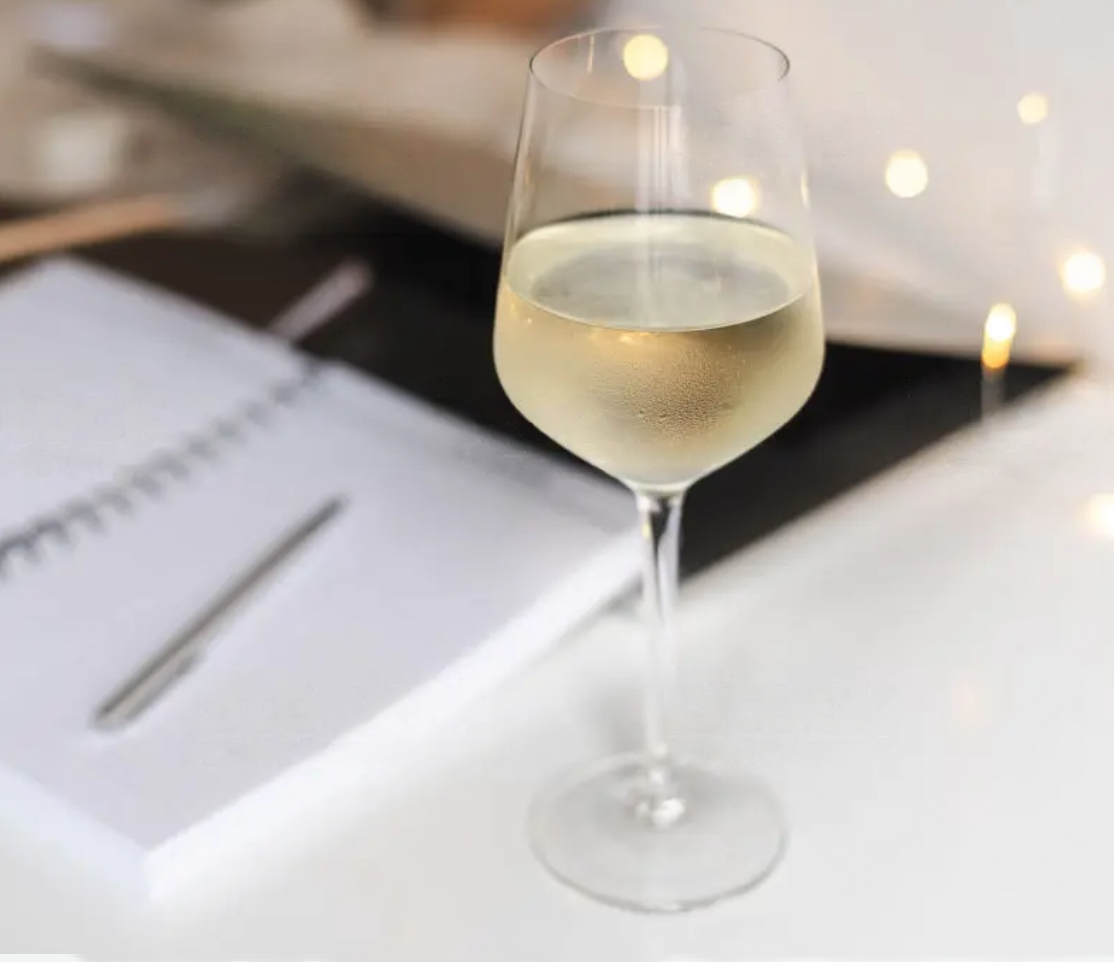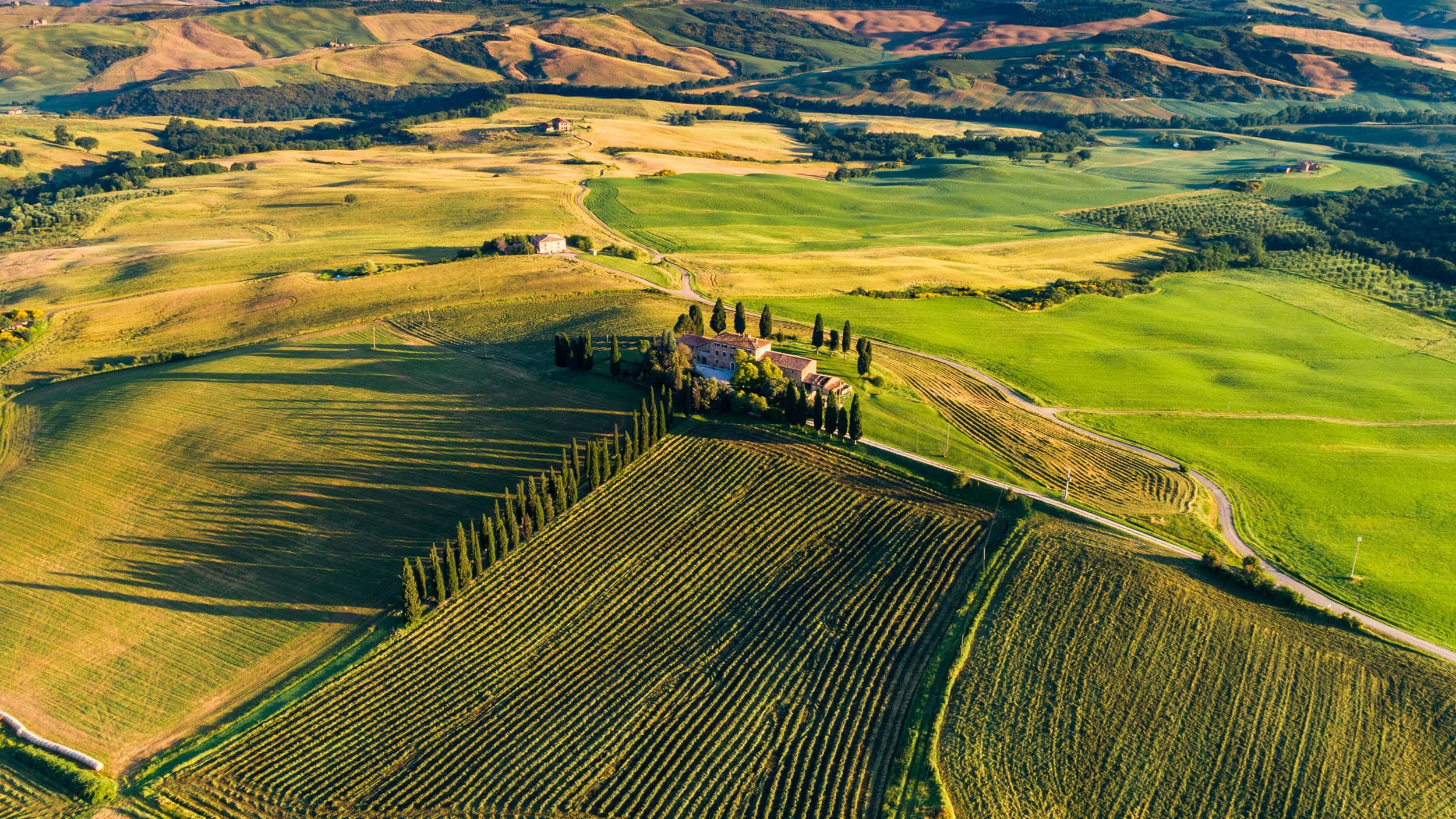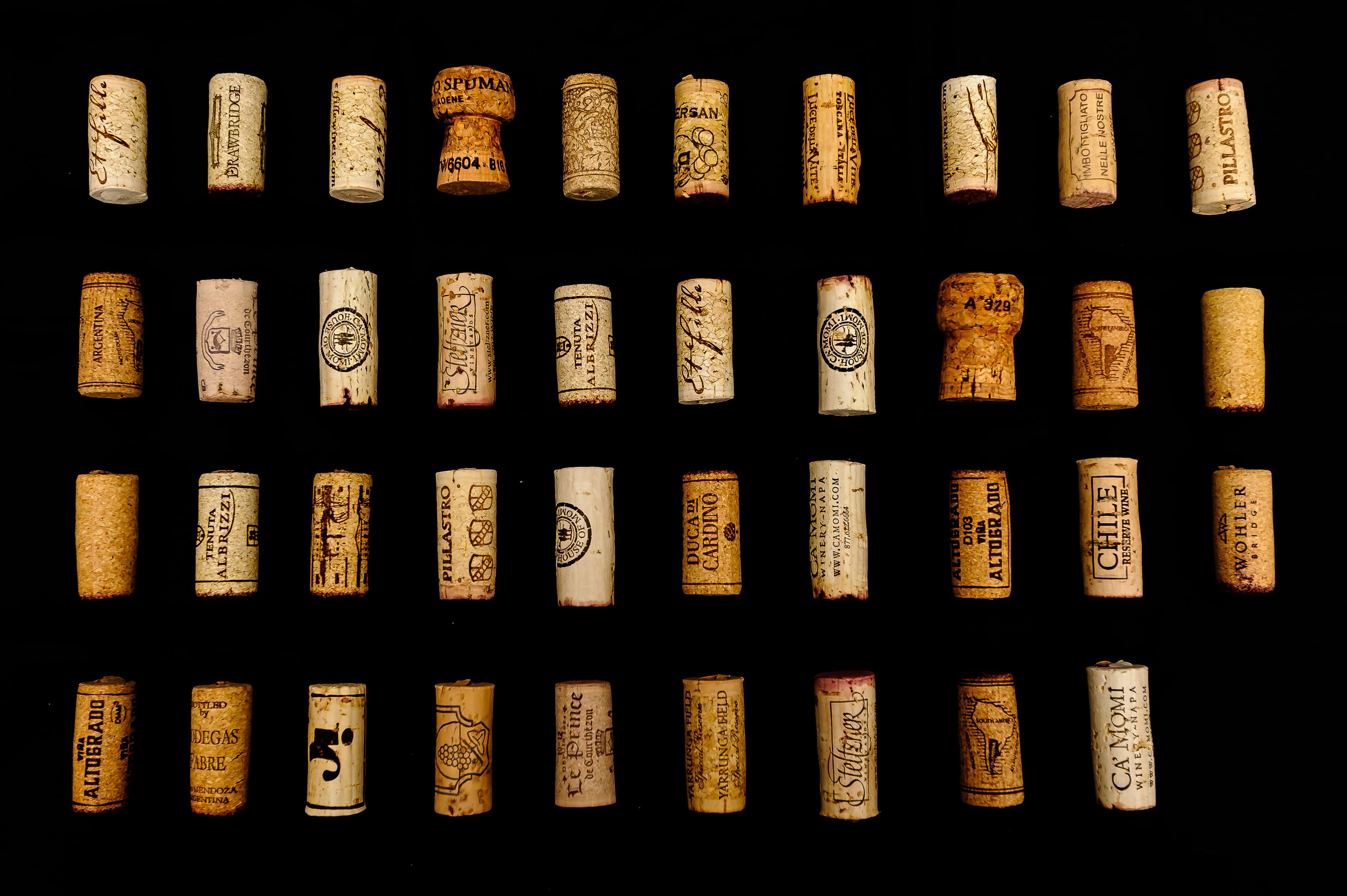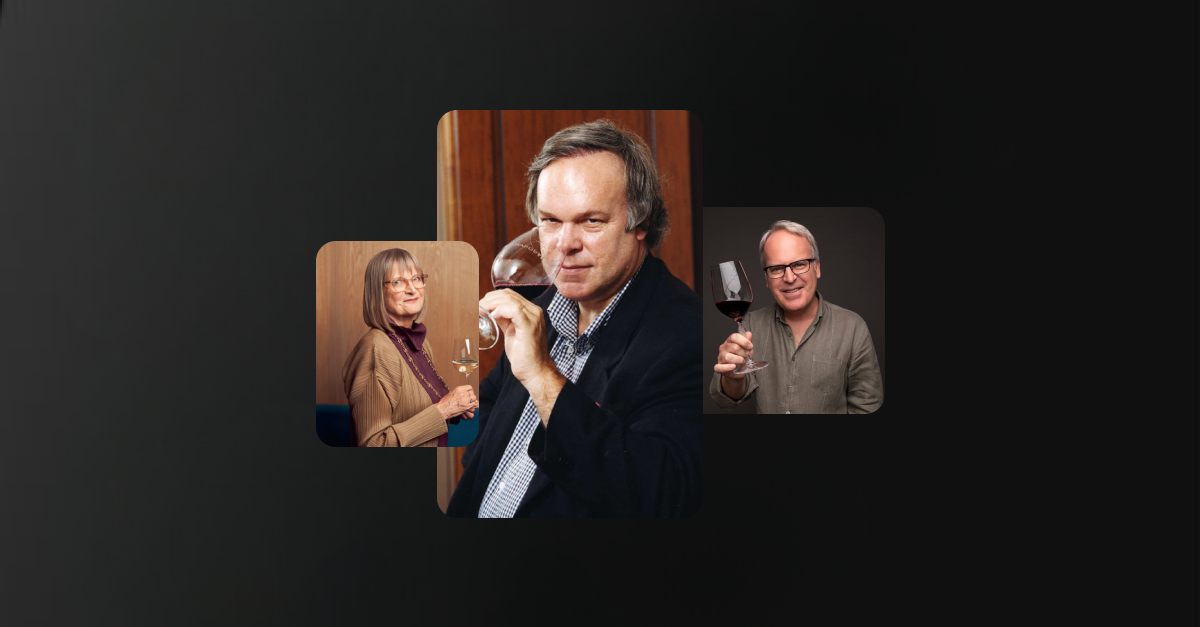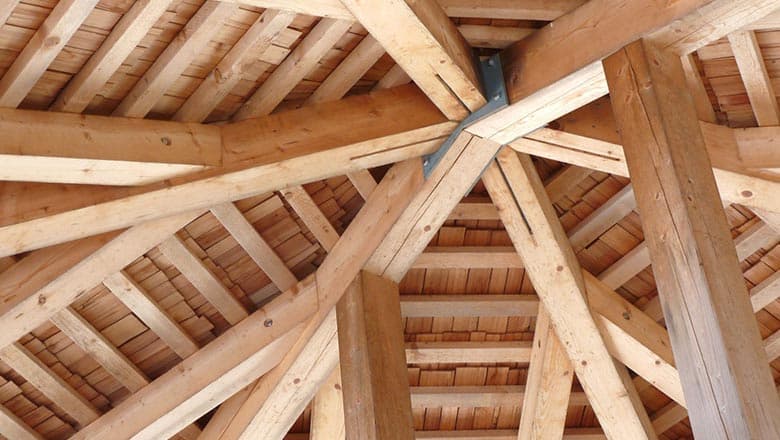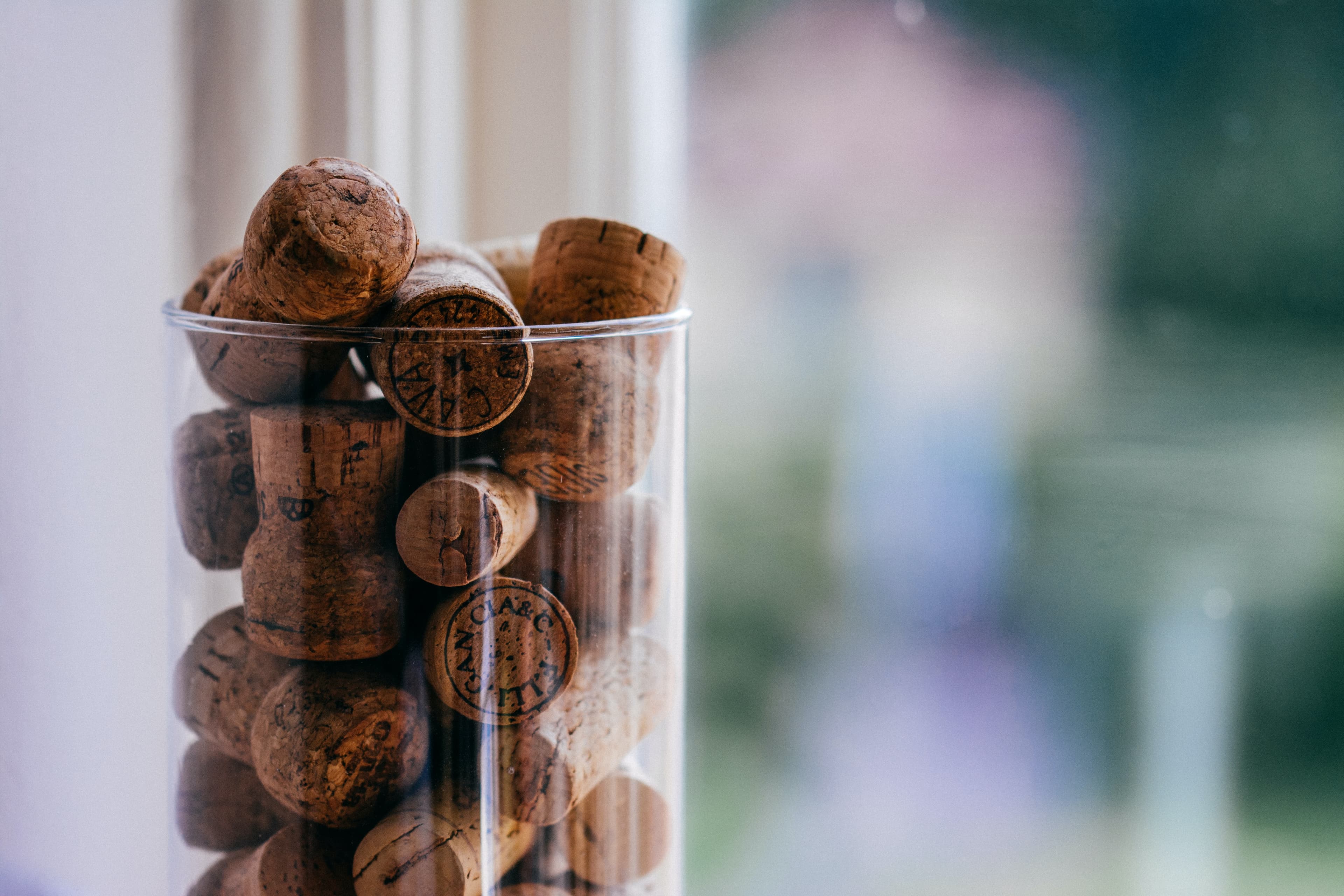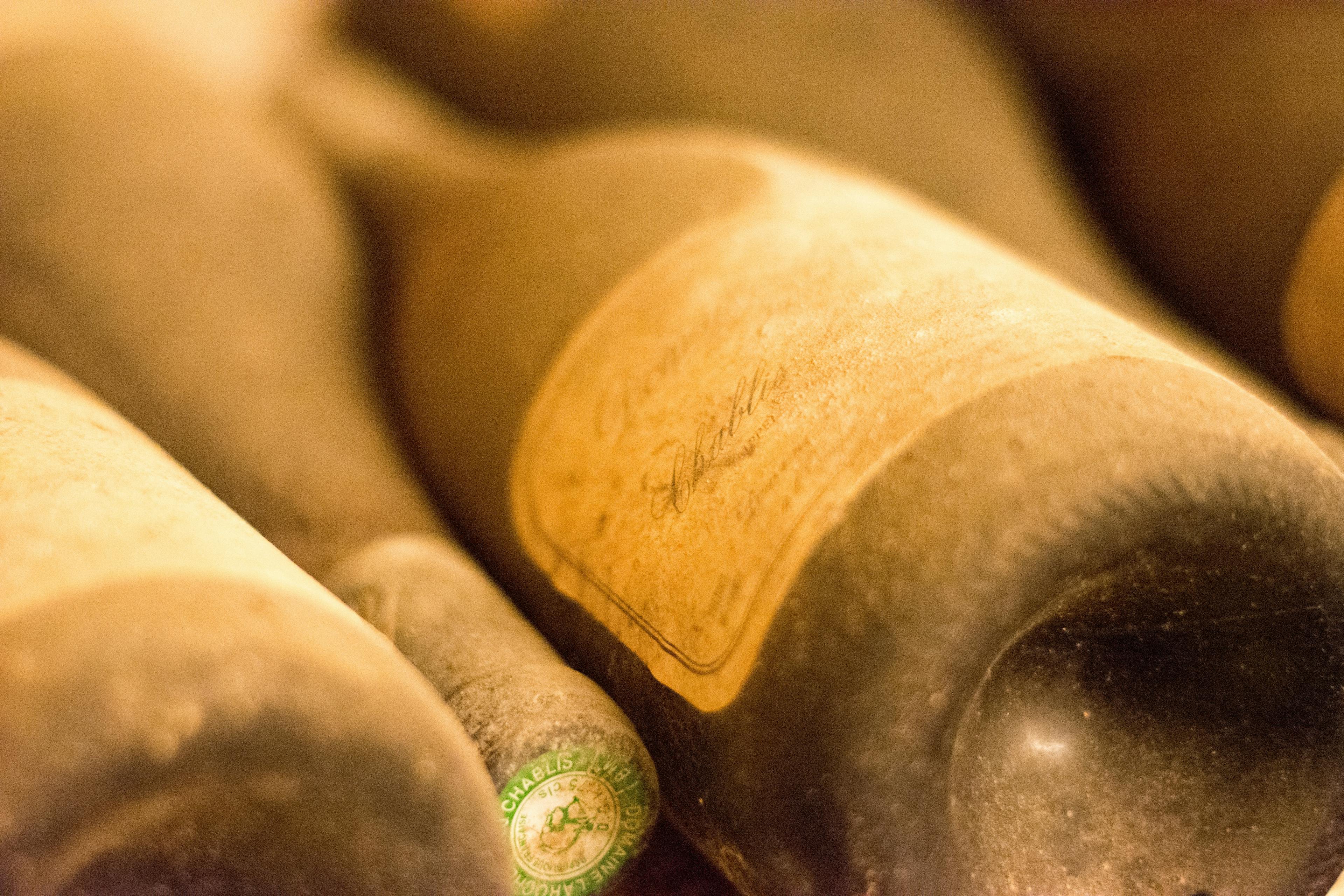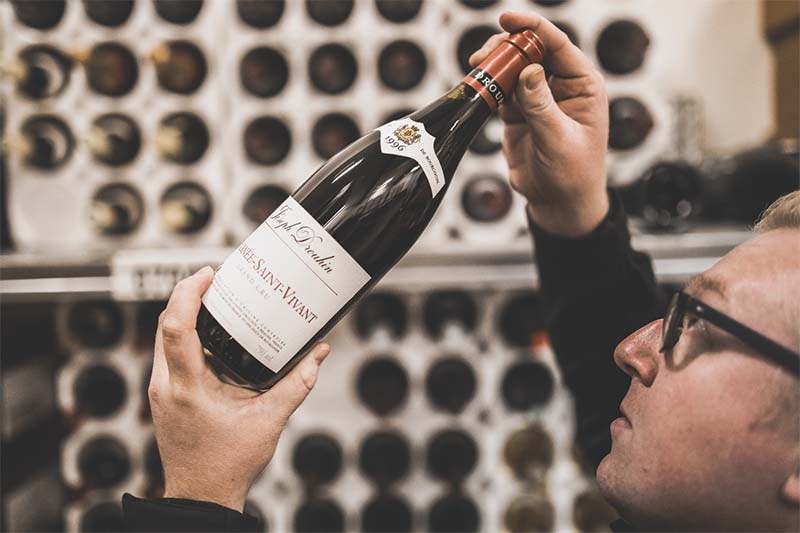
Château Angélus, one of the premier estates in Saint-Émilion, France, is renowned for its deep and complex wines. This prestigious winery has been producing top-tier Bordeaux wines for generations, each bottle a testament to the rich terroir and meticulous winemaking practices. The taste of Château Angélus is often described as a harmonious blend of ripe, dark fruits with hints of spice and earthy undertones, making it a favorite among wine connoisseurs. In this article, we delve into the sensory experiences provided by Château Angélus, examining its flavor profile, the impact of different vintages, and how it compares to other notable wines.
Identifying the Key Flavor Notes
When tasting Château Angélus, identifying the key flavor notes is essential to appreciate its complexity and depth. This renowned wine typically exhibits a rich bouquet of ripe blackberries and cherries, complemented by subtle hints of vanilla and toasted oak. As the wine opens up, layers of plum, tobacco, and a touch of graphite become more pronounced, offering a robust palate with a lingering finish.
To enhance the tasting experience, considering appropriate food pairings can significantly elevate the flavors. Here are some ideal matches:
Grilled Red Meats: The smoky flavors of grilled steak or lamb can harmonize beautifully with the boldness of Château Angélus.
Rich Stews: A hearty beef bourguignon or lamb stew complements the wine’s deep fruit notes and tannic structure.
Mature Cheeses: Opt for aged cheddar or gouda to match the intensity of the wine.
Dark Chocolate: For a dessert pairing, dark chocolate enhances the wine's inherent berry notes and smooth finish.
Each pairing brings out different aspects of Château Angélus, making every sip a new discovery.
The Impact of Terroir on Château Angélus' Taste
The terroir of Château Angélus plays a pivotal role in shaping the unique flavor profile of this esteemed wine. Nestled in the heart of Saint-Émilion, the vineyard benefits from a rich blend of clay and limestone soil, which imparts a distinct minerality and depth to the wine. This soil composition, coupled with the region's moderate climate, ensures optimal ripening of Merlot and Cabernet Franc grapes, the primary varietals used in Château Angélus.
Elevation also contributes significantly to the wine's character. The vineyard's sloped terrain ensures adequate drainage and exposure to sunlight, factors that are crucial for the development of complex flavors and robust tannins. The age of the vines further influences the intensity and concentration of the wine, with older vines producing fewer, but more flavorful, grapes.
Properly understanding how to store Château Angélus is essential for preserving its quality and enhancing its aging potential. Factors to consider include:
Temperature control to prevent spoilage
Humidity levels to maintain cork integrity
Darkness to avoid light damage
Positioning bottles horizontally to keep corks moist
Aging Potential and Its Influence on Flavor
Aging significantly impacts the flavor profile of Château Angélus, one of the premier wines from Saint-Émilion. As the wine matures, its characteristics evolve, offering a more complex and refined taste. Initially, young Château Angélus presents vibrant fruit flavors and robust tannins. However, over time, these tannins soften, and the wine develops richer, more nuanced aromas and tastes.
Integration of Flavors: With age, the distinct notes of blackberry, plum, and hints of spice become more integrated. This results in a smoother, well-rounded drinking experience.
Development of Secondary Aromas: Aging allows the emergence of secondary aromas such as tobacco, leather, and earthy undertones, which are highly prized in premium wines.
Enhancement of Texture: The texture of the wine becomes silkier and more delicate as it ages. The acidity and tannins balance out, enhancing the overall mouthfeel.
Proper aging and storage are crucial for maximizing the aging potential of Château Angélus. To learn more about the best practices for aging and how to serve this exquisite wine, consider the environment and techniques that preserve its quality and character.
The Texture and Mouthfeel of Château Angélus
The texture and mouthfeel of Château Angélus are distinctive features that contribute significantly to its reputation among wine enthusiasts. When sipping this prestigious wine, one can expect a velvety texture that coats the palate gracefully. This sensation is often accompanied by a robust and structured mouthfeel, making each tasting a memorable experience.
Silky and Smooth: The wine's texture is famously silky, offering a smooth glide over the tongue which enhances the overall drinking pleasure.
Rich and Complex: Due to its complex layering of flavors and expert aging process, the mouthfeel is rich, giving a dense, almost chewy sensation that echoes the quality of the grapes used.
Balanced Tannins: The tannins in Château Angélus are well-balanced, providing enough structure to the wine without overpowering its delicate notes. This balance ensures that the wine remains accessible yet profound.
For those interested in the deeper aspects, such as the history of Château Angélus, understanding how these elements come together can enhance appreciation of each bottle. Each element, from cultivation to bottling, plays a crucial role in crafting the wine's unique texture and mouthfeel.
Vintage Variation and Its Effects on Taste
Vintage variation plays a crucial role in shaping the characteristics of Château Angélus wines. Each year, the specific climatic conditions influence the grapes' development, impacting the flavor profile and aging potential of the wine. For instance:
Weather Conditions: Warmer years often produce wines with higher alcohol content and more robust flavors, whereas cooler years might result in wines with higher acidity and more delicate aromas.
Harvest Timing: The decision on when to harvest the grapes can vary significantly from year to year, depending on weather patterns. This timing affects the tannin levels and the overall balance of the wine.
Winemaking Techniques: Adaptations in winemaking methods from one vintage to another also affect the final product. Techniques such as the duration of maceration or the type of oak used for aging can enhance different aspects of the wine.
Understanding these variations helps connoisseurs and enthusiasts appreciate the complexity and uniqueness of each vintage, providing insight into the environmental and human factors that contribute to each bottle's distinctiveness.
The Balance of Acidity and Tannins
The interplay between acidity and tannins in Château Angélus wines is a testament to the exceptional craftsmanship that defines this prestigious label. These elements are crucial for providing structure and balance, ensuring that each sip delivers a harmonious experience. Acidity adds freshness and vibrancy, cutting through the richness, while tannins contribute to the wine's body and aging potential, offering a smooth, rounded finish.
Acidity: Typically, Château Angélus features a lively acidity that maintains the wine's freshness over time. This characteristic is essential in balancing the robust flavors and enhancing the overall complexity.
Tannins: Originating from the grape skins, seeds, and oak barrels used during aging, tannins in Château Angélus are well-integrated and polished. They provide the necessary structure that supports the wine's dense fruit layers and spicy notes.
Together, these components ensure that Château Angélus not only impresses upon first taste but also evolves beautifully in the glass and over years in the cellar. Each element complements the other, creating a wine that is both powerful and elegant, with a potential for longevity that few can match.
Describing the Finish of Château Angélus
The finish of Château Angélus is renowned for its complexity and enduring appeal, leaving a lasting impression on the palate. This Bordeaux wine, often highlighted for its deep, velvety texture, concludes with a symphony of flavors that linger long after the initial sip. Notably, the finish is characterized by hints of ripe blackberry, smoky oak, and a touch of spice, which seamlessly blend to create a sophisticated and memorable ending.
Length: The finish of Château Angélus is notably long, allowing the drinker to fully appreciate the evolving flavors.
Texture: It features a smooth, almost silky mouthfeel, which makes the tasting experience particularly luxurious.
Complexity: Each sip reveals new layers of flavor, from dark fruits to earthy undertones, showcasing the wine's intricate composition.
Balance: Despite the richness of the flavors, there is a remarkable balance with the acidity, which keeps the palate refreshed and eager for another taste.
For more intriguing facts about Château Angélus, including its vinification process and historical significance, exploring further can provide a deeper appreciation of this esteemed wine.
How Château Angélus Compares to Other Bordeaux Wines
Château Angélus stands out among Bordeaux wines for its distinctive blend and rich flavor profile. When comparing it to other wines from the Bordeaux region, several factors highlight its unique character. Firstly, the vineyard's prime location on the Saint-Émilion slopes contributes to the optimal ripening of Merlot and Cabernet Franc grapes, which dominate its blend. This results in a wine with deep fruit flavors and a well-balanced structure.
Ageability: Château Angélus is renowned for its potential to age gracefully, developing more complex flavors over time. This contrasts with some Bordeaux wines that are best consumed within a few years of release.
Tasting Notes: Offering a robust palate of blackberry, plum, and hints of spice, this wine often includes subtle notes of oak and tannin that enhance its depth and complexity. Other regional wines might present lighter notes or less tannic structure.
Prestige and Awards: It consistently earns high praise and ratings from wine critics, underscoring its standing in the international wine community. This level of recognition is not always matched by other Bordeaux wines.
For those interested in enjoying Château Angélus, these aspects make it a standout choice, offering a memorable experience that is both luxurious and rewarding.
The Evolution of Taste in the Bottle
The evolution of taste in a bottle of Château Angélus is a fascinating journey, marked by the wine's ability to develop complex flavors over time. Initially, upon release, the wine often presents robust tannins and high acidity, which are indicative of its potential to age gracefully. As it matures, the profile begins to soften, allowing richer, more nuanced notes to emerge.
Early Years (1-5 years): Fresh and vibrant with predominant flavors of blackberry and plum. The oak influence is more pronounced, contributing vanilla and toast accents.
Middle Years (5-15 years): This period sees the integration of fruit and oak. The wine becomes smoother, with emerging secondary flavors of leather and tobacco, complementing the preserved dark fruit notes.
Later Years (15+ years): In its mature phase, Château Angélus develops tertiary aromas such as forest floor and truffle. The texture is silky, and the complexity is at its peak, offering a deep, lingering finish.
For those interested in exploring some of the popular vintages, it's worth noting how each vintage reflects the unique conditions of its growing season, further influencing the wine's evolution in the bottle. Collectors and enthusiasts often seek out specific years that are known for their exceptional balance and aging potential.
Expert Descriptions and Sommelier Insights
Château Angélus, a prestigious Saint-Émilion Grand Cru, is renowned for its deep and complex flavor profile. Experts and sommeliers often highlight several key characteristics that define this exquisite wine:
Richness: The wine is celebrated for its full-bodied richness, offering a velvety texture that coats the palate. Layers of concentrated flavors include ripe blackberries, plums, and hints of cherry.
Aromatic Complexity: A bouquet of intense aromas greets the nose, featuring notes of blackcurrant, tobacco, and a subtle hint of oak. As the wine ages, it develops intriguing scents of truffle and licorice.
Balance: Despite its depth and intensity, Château Angélus maintains a remarkable balance. The acidity and tannins are well-integrated, ensuring that the wine remains structured without overpowering the fruit flavors.
Finish: The finish on Château Angélus is notably long and lingering. It leaves behind a pleasing aftertaste of dark chocolate and espresso, which makes it memorable.
Sommeliers often recommend decanting the wine for several hours to fully appreciate its complexity and to allow the flavors to unfold beautifully. This practice enhances the tasting experience, making each sip a discovery of new nuances.
Conclusion
In conclusion, the taste profile of Château Angélus is a testament to its storied heritage and meticulous winemaking process. This prestigious wine, with its deep, complex flavors and robust structure, offers a unique experience that captivates connoisseurs and collectors alike. For those looking to invest in a bottle of Château Angélus, Rekolt provides an exceptional service that not only ensures the safe delivery of this exquisite wine but also offers the option to store it in a professional cellar. This service is particularly beneficial for those interested in preserving the wine’s quality over time or considering its potential for resale and trade in the future.
At Rekolt, we understand the importance of optimal storage conditions for maintaining the integrity and enhancing the value of fine wines like Château Angélus. Our professional cellar storage solutions are designed to provide the perfect environment for aging, with controlled temperature, humidity, and minimal light exposure. By choosing Rekolt for your fine wine purchases, you are not only acquiring a remarkable product but also ensuring that its legacy and taste can be preserved or appreciated in value over time, making it a wise choice for both enjoyment and investment.
Share this article
